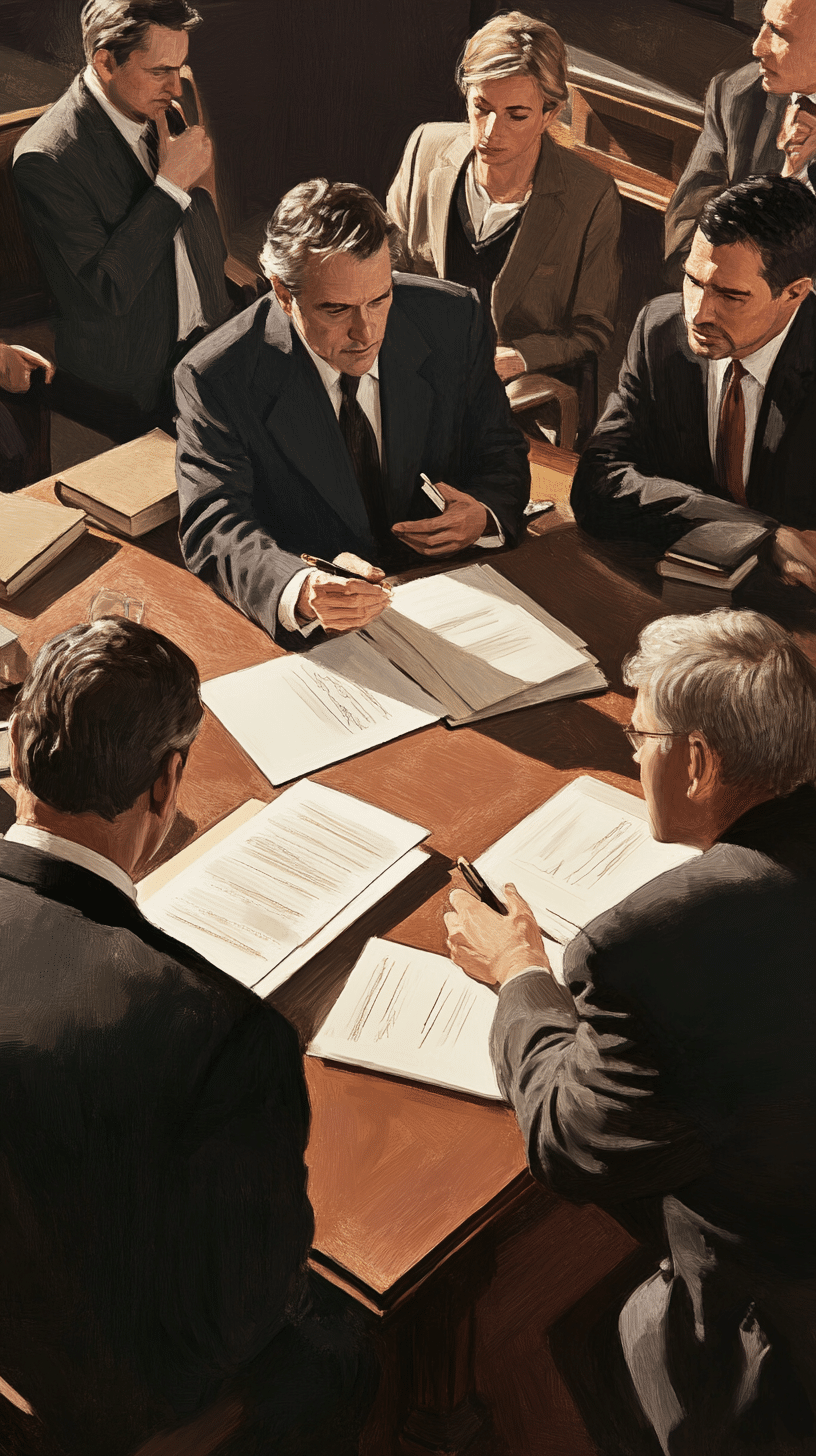St. Vincent Med. Care, P.C. v Country Wide Ins. Co., 2010 NY Slip Op 50488(U)(App. Term 2d Dept. 2010)
1. Fee Schedule
“While defendant argues that the Civil Court improperly awarded plaintiff summary judgment as to its seventh cause of action since defendant timely denied that bill on the ground that the fees charged were excessive and not in accordance with the Workers’ Compensation fee schedule, defendant did not annex any proof to establish said defense. Consequently, defendant failed to establish the existence of an issue of fact with respect to this cause of action.”
This is probably regarding a global denial based upon range of motion testing being considered part of the initial visit. I do not know this for sure, but this seems to be a common theme between these parties and the attorneys representing them. Today, the Appellate Term properly held that an issue of fact was not raised. On some days, they hold a triable issue of fact is raised when similar proof is presented. On other days, they hold similar to that of this case.
2. Appeals from interlocutory judgments
“Defendant also argues that the Civil Court improperly denied its cross motion for summary judgment as to plaintiff’s tenth cause of action because plaintiff failed to rebut defendant’s prima facie showing of lack of medical necessity as to this cause of action. However, since defendant did not appeal from the underlying order and the appeal from the judgment does not bring up for review so much of the order as denied the branch of defendant’s cross motion seeking summary judgment dismissing plaintiff’s tenth cause of action, said part of the order is not before us on appeal.”
It took me a bit to figure this out. A final judgment always brings up for review the underlying non-appealed interlocutory orders. In this case, an interlocutory judgment was issued, since the judgment did not encompass the entire action. Rather, it encompassed everything except the medical necessity cause of action. Therefore, absent an appeal of the order denying summary judgment, Defendant can only appeal from the final judgment. The final judgment would occur following the trial. At that point, an appeal of the final judgment would bring up for review the order denying summary judgment.
Do you understand?












